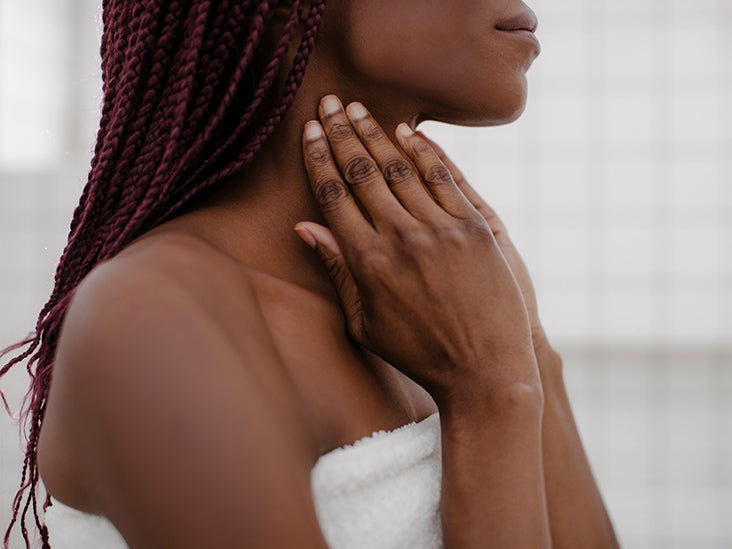Medically reviewed by Susan Bard, MD — Written by Shirin Mehrotra
December 21, 2020
Ayurvedic skin care is based on ancient Indian medicine. The practice includes Ayurvedic facials, treatments for skin diseases, and herbal formulations for the skin.
There are lots of Ayurvedic skin care formulations out there on the market today, but it’s important to know the quality and ingredients of your products for the best results.
There are also Ayurvedic home remedies for skin care that are believed to target specific skin types and needs.
Whether it’s a tried-and-true skin care regimen, how often you wash your hair, or the cosmetics you’re curious about, beauty is personal.
That’s why we rely on a diverse group of writers, educators, and other experts to share their tips on everything from the way product application varies to the best sheet mask for your individual needs.
We only recommend something we genuinely love, so if you see a shop link to a specific product or brand, know that it’s been thoroughly researched by our team.
Understanding skin types
Ayurvedic skin care treatments are based on skin type.
According to Ayurveda, a person’s skin type is based on the three doshas. These are bioenergetic or life forces that make up the constitution of the body and mind. They are:
- vata (wind)
- pitta (fire)
- kapha (water and earth)
Vata
A vata dominant person has dry and rough skin that tends to wrinkle if not moisturized regularly.
“Vata type skin has fewer fat deposits and needs more moisturizing, both externally and internally,” says Varalakshmi Yanamandra, Ayurvedic health coach and director of Ayur Wellness & Pain Centre.
She recommends using oil-based moisturizers on the skin and consuming warm spices like ginger. She also suggests that ashwagandha, an ancient Indian herb, may reduce skin dryness when added to a face mask.
Pitta
People with high pitta tend to have oily skin that’s prone to acne and rosacea.
“This type of skin needs more cooling elements like aloe vera, turmeric (which is anti-inflammatory), and sandalwood (which reduces pimples and redness),” says Yanamandra.
Kapha
Kapha skin tends to be cold and oily, and it may be prone to pimples, whiteheads, and water retention. Yanamandra recommends dry brushing to remove obstructions, stimulate the lymphatic system, and exfoliate.
She also suggests avoiding oil-based creams and applying face masks regularly.









